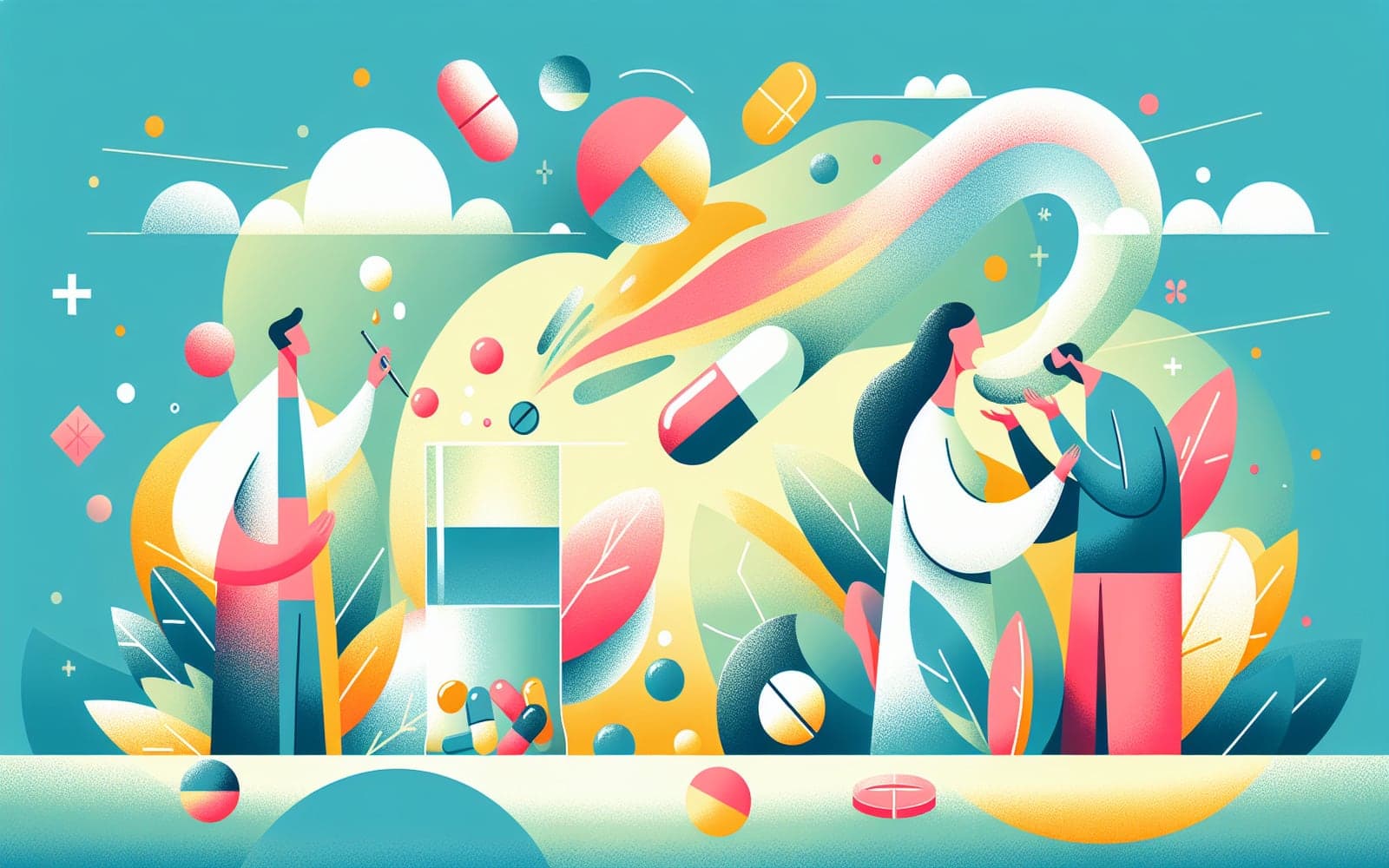What is Pill Esophagitis and How Can You Prevent It?
Published: Jun 23, 2024

Medically reviewed by Michelina Stoddard | MD, Ph.D, Joan & Sanford I. Weill Medical College of Cornelle University - San Antonio, Texas on June 23rd, 2024.
Pill esophagitis is a painful condition caused by certain medications damaging the esophagus. Understanding how this occurs and how to prevent it can help you avoid this uncomfortable situation.
Contents
What Causes Pill Esophagitis?
Pill esophagitis occurs when medications linger in the esophagus, causing irritation. Common culprits include antibiotics, NSAIDs, and bisphosphonates, which can damage the esophageal lining if not taken with enough water or while lying down. It's crucial to follow medication instructions to prevent this condition.
Recognizing the Symptoms
Symptoms of pill esophagitis often include sudden pain in the chest, difficulty swallowing, or heartburn. These symptoms typically appear within a few hours to three days after taking a medication. Severe cases might involve vomiting blood or weight loss, requiring immediate medical attention.

How is Pill Esophagitis Diagnosed?
Doctors suspect pill esophagitis based on symptoms and a history of medication intake. Severe cases may require an upper endoscopy to confirm the diagnosis and rule out other causes. This procedure allows doctors to see and potentially biopsy the esophagus for further analysis.
Frequently Asked Questions
It's a condition where medications irritate the esophagus.
Antibiotics, NSAIDs, and bisphosphonates are common culprits.
Take medications with plenty of water and avoid lying down immediately.
Chest pain, difficulty swallowing, and heartburn.
Key Takeaways
Avoid pill esophagitis by taking medications correctly and staying aware of symptoms.
Talk to Doctronic for personalized advice on medication intake and health tips.Related Articles
References
Kikendall JW. Pill esophagitis. J Clin Gastroenterol 1999; 28:298.
Hughes R. Drug-induced oesophageal injury. Br Med J 1979; 2:132.
This article has been reviewed for accuracy by one of the licensed medical doctors working for Doctronic. Always discuss health information with your healthcare provider.

